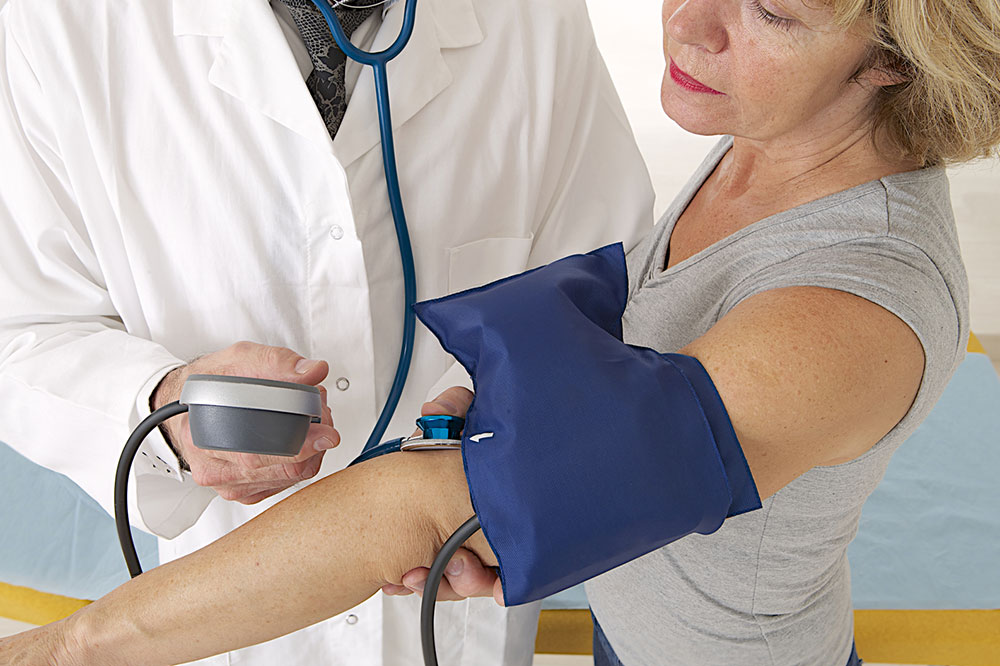
Symptoms and Causes of PAH
Pulmonary Arterial Hypertension(PAH) is a rare and advanced form of blood pressure. The presence of pulmonary arteries can be traced through the heart and to the lungs. If these arteries are constricted, they prevent adequate blood volume from reaching these vital organs, increasing heart activity. Read on to know rare symptoms and causes of pulmonary arterial hypertension.
Causes of pulmonary arterial hypertension
Although the exact reasons for developing Pulmonary Arterial Hypertension are unknown, researchers believe it is a function of the following outcomes:
- Injury to the layer of cells on the lining of small blood vessels
- Changes in muscle cells of the vessels
- Having blood vessels that are sensitive to factors causing them to narrow
- Inherited from family but triggered by gene mutations
Symptoms of pulmonary arterial hypertension
It can take years for rare symptoms and causes of pulmonary arterial hypertension to manifest. This is why its detection may remain dormant for a long time before one or more of its symptoms become visible. Here are some of the most visible and pronounced symptoms of PAH.
- Shortness of breath
Due to blockage in the arteries and veins that carry blood to the lungs, breathing may become a task during physically straining activities. Simple tasks such as climbing stairs and walking briskly may cause labored breathing.
- Feeling of fatigue
Since the lungs are devoid of adequate blood to carry normal functions, other body parts may not get enough oxygen. Without the right oxygen levels, various body parts will get tired quickly, and one may feel fatigued and dizzy often.
- Swelling in limbs
It is common to observe swelling around the ankles and feet in general. Since the kidneys are unable to flush out toxins from the body, fluid retention occurs, and as PAH advances, this will become only more prominent.
- Blue lips
Since PAH causes a reduction in the level of oxygen in the red blood cells of the body, lips may turn bluish in response to the lack of adequate oxygen.
- Irregularity of heartbeat
Muscles in the heart work harder to pump blood to various parts of the body, making them weaker over time. Thus, it is possible to expect irregularity of heartbeat or pains in the chest. In a few cases, when the heart is overworked, it can also cause extreme chest pains.
When it comes to Pulmonary Arterial Hypertension, symptoms are different for all people. It is highly recommended that the patient address the issue at the first sign of any of these symptoms.



